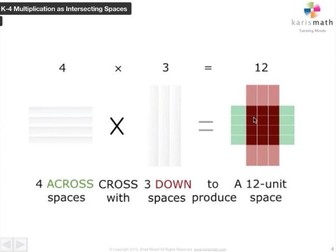From Math Anxiety to Math Mastery in 6 Stages
<p>This series is the first resource of its kind designed primarily for Math Teacher Trainers and Teachers. It consists of a set of 6 books (4 of them have been published on Amazon, and the "<em>Fifth Stage</em>, <em>Algorithmic Thinking"</em> is due to be published in January 2024. ) This is the first of the 6 stages: <strong>Stage 1</strong>: <em>Encoding Mathematical Symbols</em>.</p>
<p>The book includes (as an Appendix) simplified introductions to neuro-cognitive experiments and research that explain how the Approximate Number System (ANS) gets established in a baby’s mind from the day it is born. It introduces the “<strong>Deep Knowledge System</strong>” (<strong>DKS</strong>) that operates like a mysterious cognitive engine that is fully functioning and established from the day the baby is born. It explains how the <strong>DKS</strong> receives sensory inputs and how they get embossed in an infant’s pristine cogntive landscape as the ability to reason via the three principal senses (tactile, visual, auditory).</p>
<p>In addition to encoding symbols, the book demonstrates how symbolic thinking dominates the learning of mathematics conceptually. It introduces the learning of the Four Mathematical Operations and other basic Math topics (including a simple introduction to the concept of functions).</p>
<p>This book serves as theoretical base for the practitioner by combining mathematical content and mathematical pedagogy into a single entwined braid. It helps them hit the re-set button to reconfigure their own mathematical learning and pedagogical practices. This has great value in developing perspectives around what Mathematics is and how it can be taught in the light of fresh neuro-cognitive research.</p>
